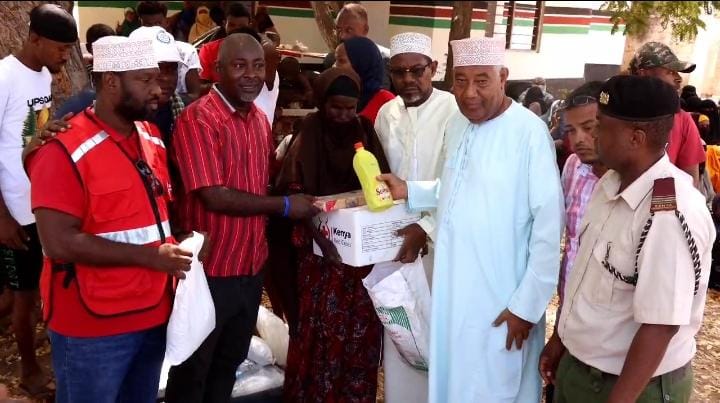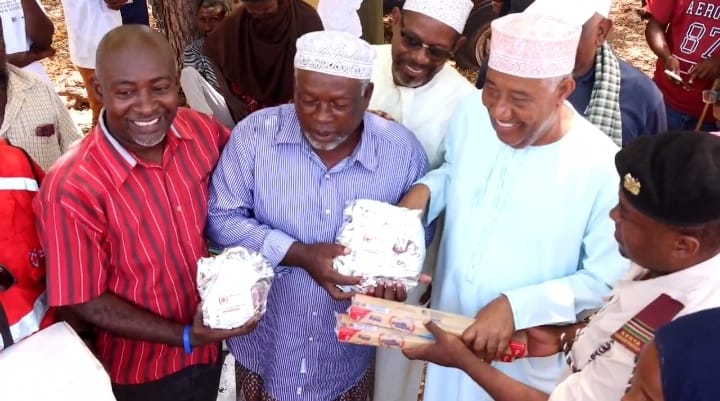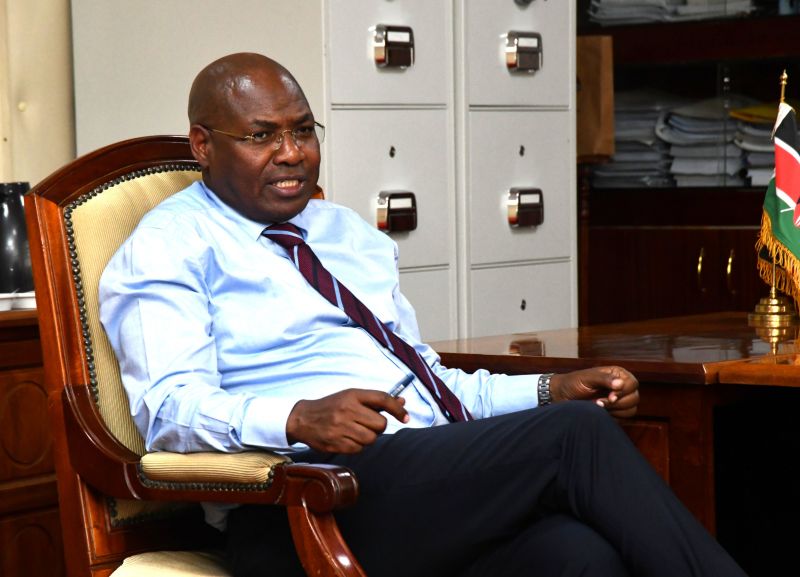482 Somali refugees stranded in Kiunga as Lamu calls for urgent support

The unfolding humanitarian situation in Kiunga has put a strain on the host community, with Lamu County now seeking additional support from national and international aid agencies to avert a full-blown crisis.
At least 482 Somali refugees remain stranded in Kiunga following a December conflict between the Federal Government of Somalia and the Jubaland State, with Lamu County urging urgent intervention due to food shortages, water scarcity, and inadequate medical services.
The crisis stems from clashes that erupted on December 9, 2024, in Ras Kamboni after a political standoff between Somali President Hassan Sheikh Mohamud and Jubaland leader Ahmed Islam Madobe.
More To Read
- Mogadishu’s Hamarweyne market shut for third day amid tax dispute
- How to make sweet and savoury plantains at home
- Somalia on high alert as Marburg virus outbreak hits neighbouring Ethiopia
- Mogadishu police, intelligence agents crack down on armed groups after surge in street crime
- Somalia declares drought emergency as millions face hunger after failed rains
- International Rescue Committee warns millions at risk as drought intensifies across Northern Somalia
The federal government advanced towards Ras Kamboni, a Jubaland-controlled town, in a bid to take over. However, after three days of control, Jubaland forces launched a counteroffensive, overpowering federal troops, who subsequently fled to Ishakani village in Kenya.
The violence forced hundreds of Ras Kamboni residents to seek refuge in Kiunga, a remote town in Lamu County.
 The Lamu County Department of Public Service Management through Governor's office in conjunction with Kenya Redcross distributing food to refugees in Kiunga town. (Farhiya Hussein)
The Lamu County Department of Public Service Management through Governor's office in conjunction with Kenya Redcross distributing food to refugees in Kiunga town. (Farhiya Hussein)
The Lamu County Government Deputy Director of Public Service Management, Shee Kupi, was among the officials working with national government agencies to coordinate the arrival of the displaced persons.
“I received 13 families who were the first to step into Kiunga. The number gradually increased and now stands at 180 families, translating to 482 people, mostly women and children,” said Kupi.
In response, Kupi conducted an initial assessment through the Lamu County Department of Public Service Management, prompting an urgent intervention from the Kenya Red Cross Society.
The humanitarian organisation undertook an advanced assessment and later mobilised relief assistance, which was officially launched by Lamu Governor Issa Timamy through his administration and the Red Cross.
“For over a month now, Kenya Red Cross, in conjunction with the county’s medical services, has been conducting medical assessments and healthcare interventions to address potential disease outbreaks arising from the mass displacement,” Kupi explained.
Despite the ongoing efforts, local authorities are raising the alarm over depleting resources and mounting pressure on the Kiunga community, where the refugees have been temporarily housed.
"As a peacebuilding officer in the county, I call upon development partners to intervene as the available stock is running out. The national government should also gazette Kiunga as a refugee holding centre to establish proper structures for displaced persons,” Kupi urged.
He appealed for water, food, non-food items, medical supplies, and cash transfers to help sustain the refugees. “These people are not eligible for Social Health Authority (SHA) coverage, making it even harder for them to access essential healthcare,” he added.
The unfolding humanitarian situation in Kiunga has put a strain on the host community, with Lamu County now seeking additional support from national and international aid agencies to avert a full-blown crisis.
Top Stories Today















































